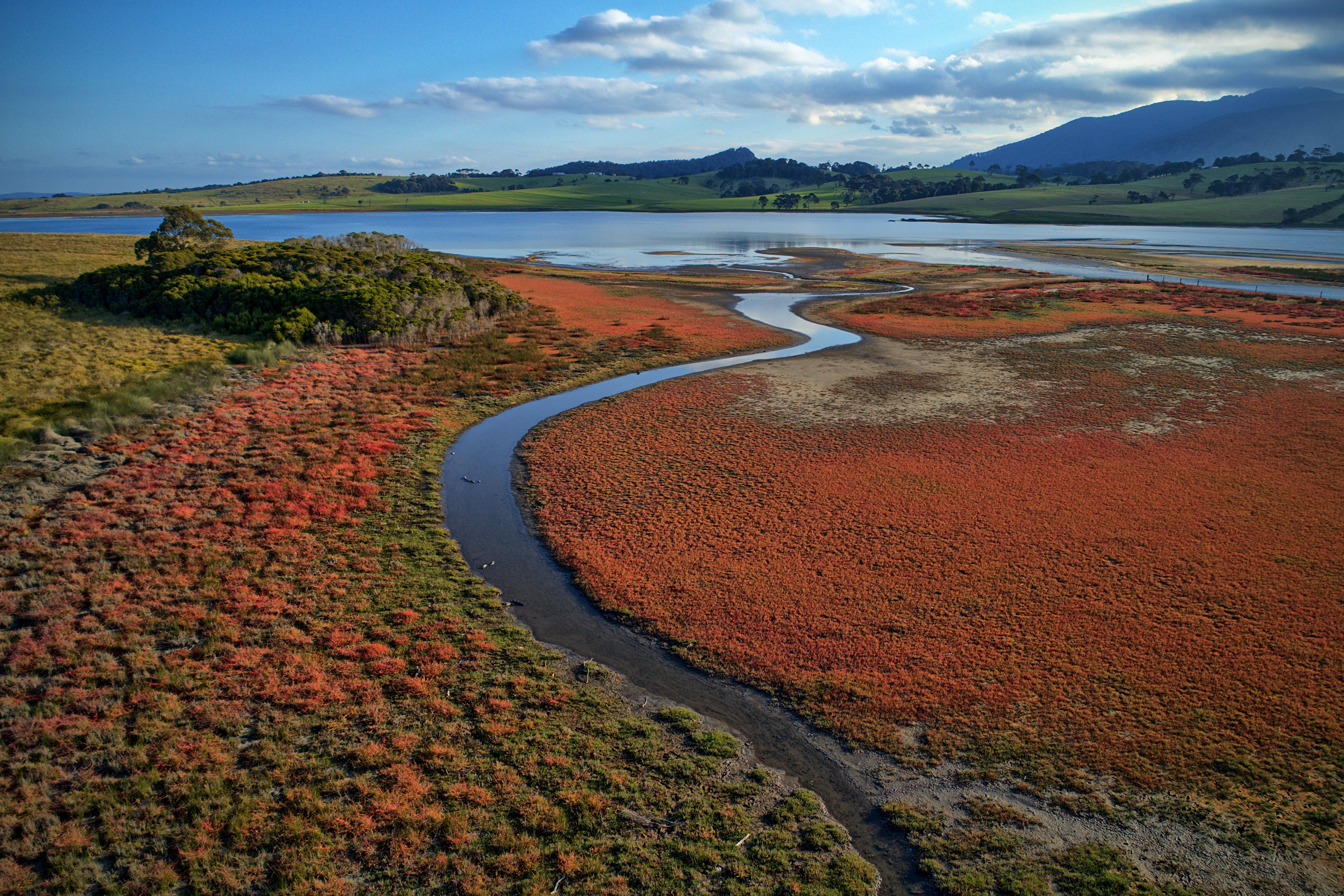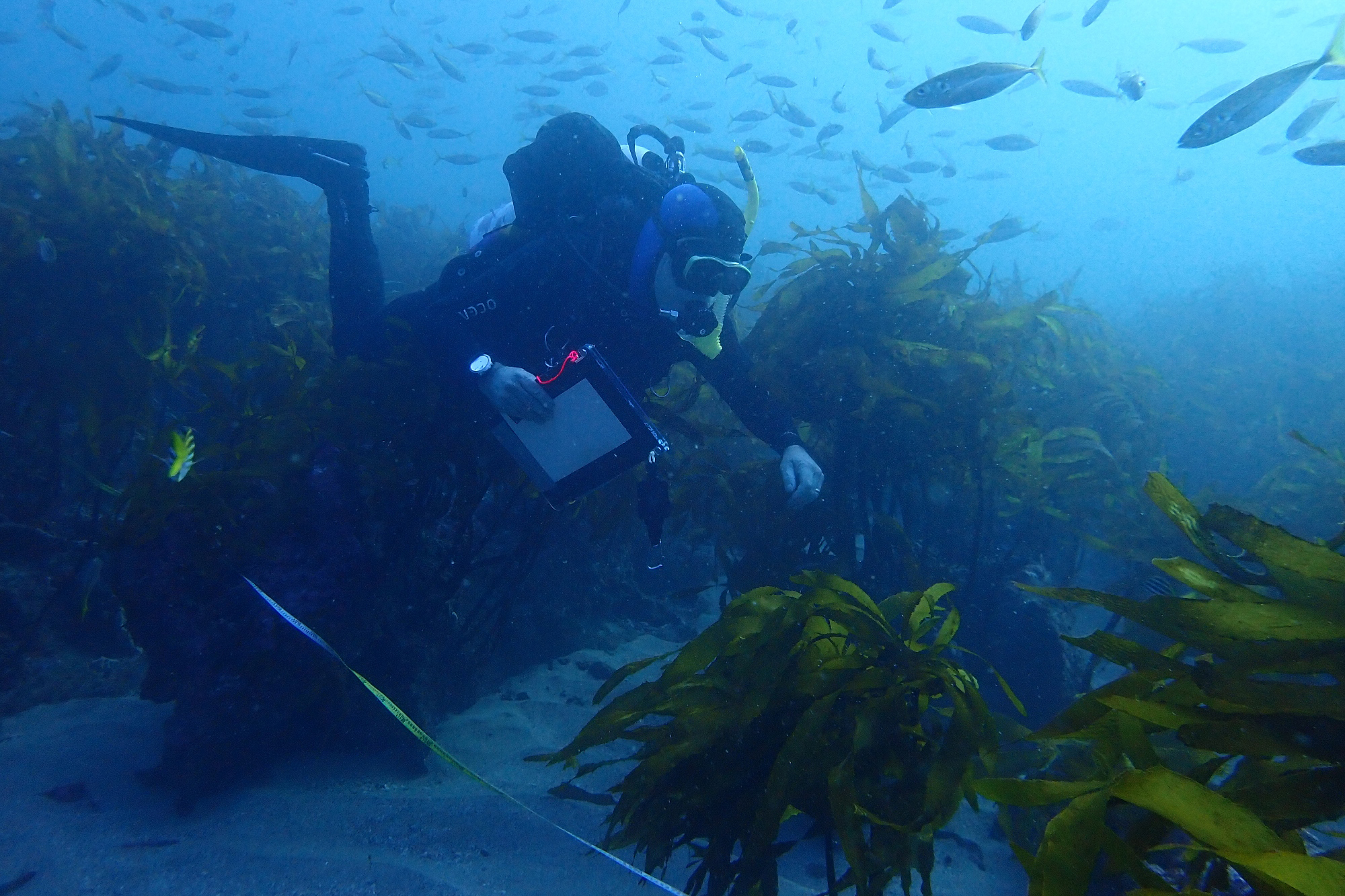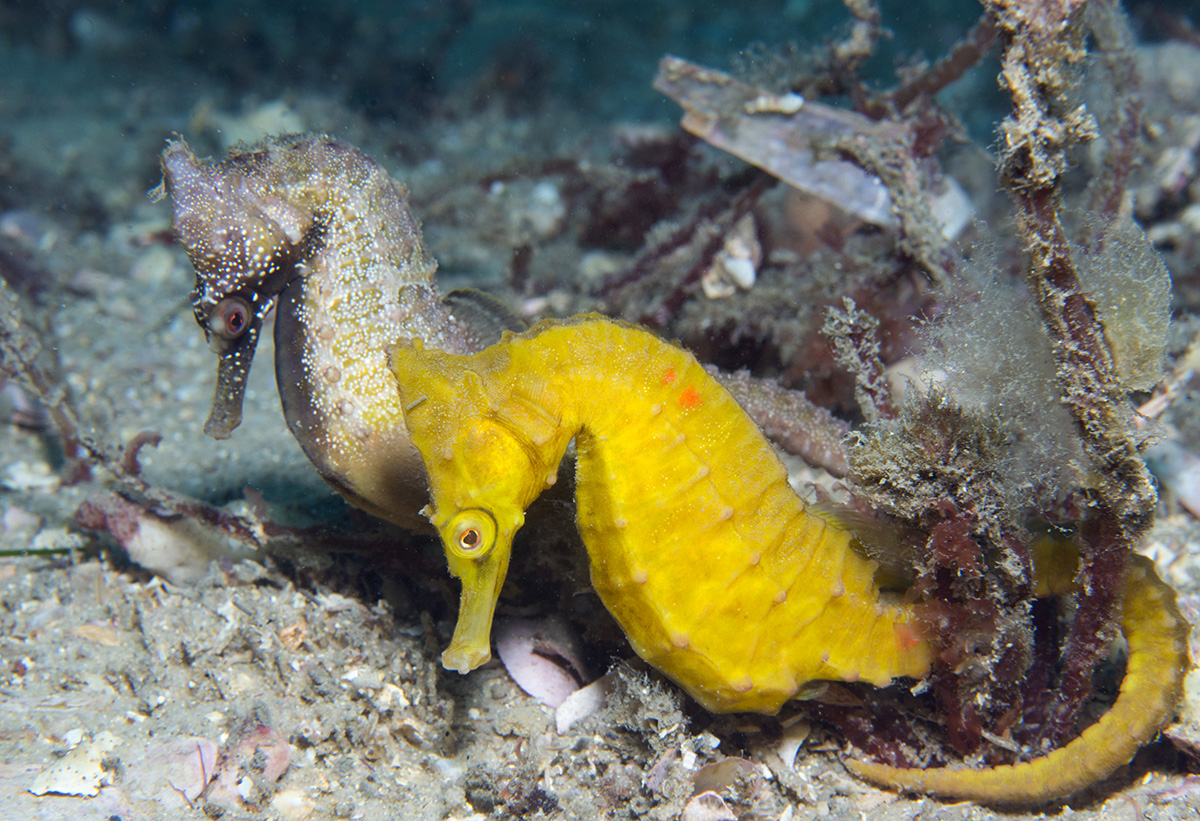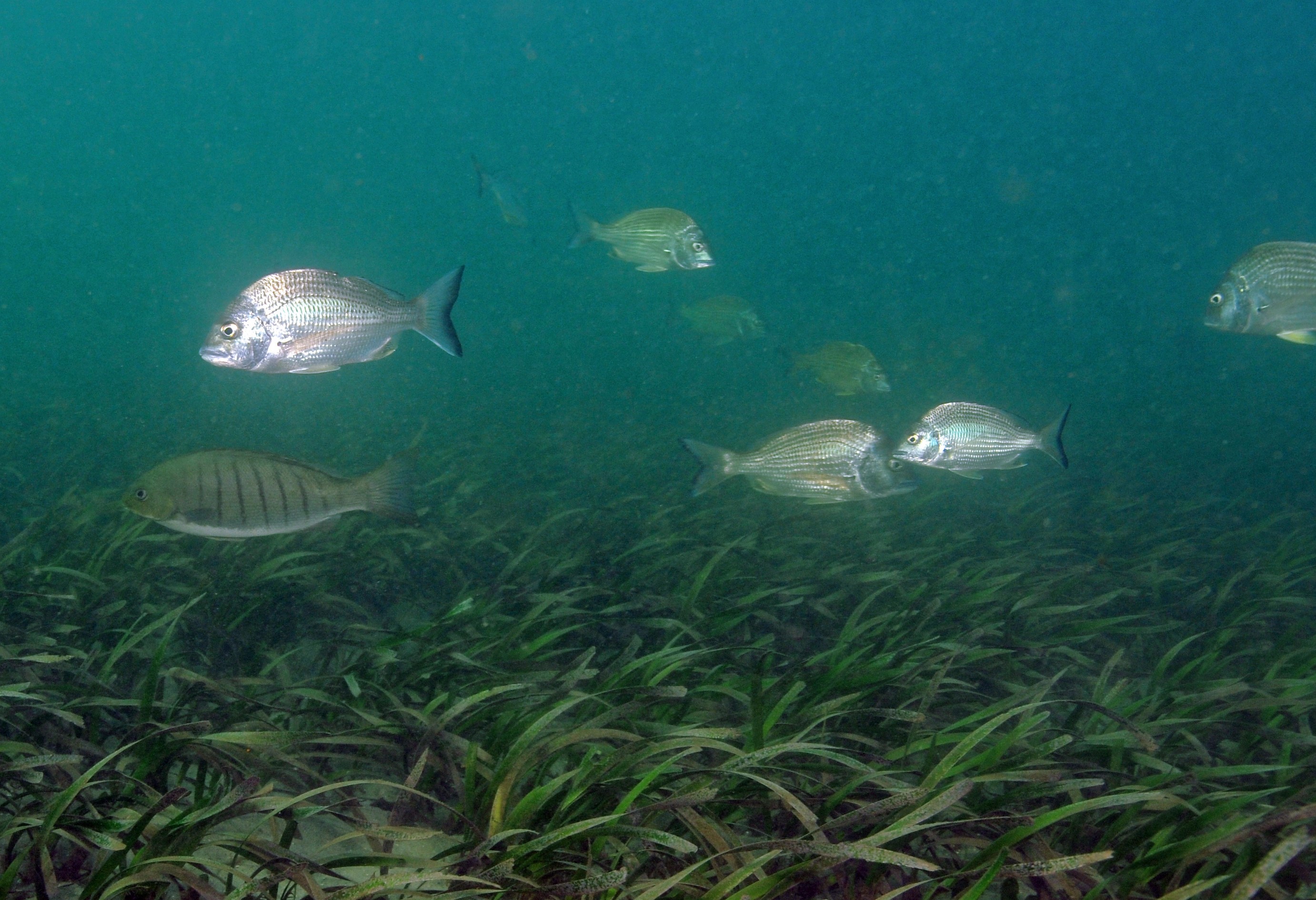
Marine ecosystems
The Marine Ecosystems Unit delivers scientific information to enable biodiversity conservation and sustainable use of the NSW Marine Estate – including the Marine, Estuarine and Coastal systems.
Marine and Coastal environments are hugely valued by all Australians but are facing increasing human pressures. The Marine Ecosystem Unit responds to these values and challenges by researching environmental condition, monitoring threats and pressures and filling knowledge gaps to inform the management of our Marine, Estuarine and Coastal Environments.
Our objectives are to:
- Enable evidence-based management of the NSW Marine Estate - specifically its fishes, invertebrates and aquatic vegetation.
- Monitor NSW Marine, Estuarine and Coastal ecosystem health, by conducting long-term research programs to inform State-wide issues and priorities.
- Drive innovation in NSW Marine, Estuarine and Coastal management - we use cutting edge research to fill priority knowledge gaps.
We undertake research to support the NSW Government to ‘conserve, develop and share the fisheries resources of the State for the benefit of present and future generations’ including the need to protect Marine, Estuarine and Coastal habitats (Fisheries Management Act 1994).
Marine Ecosystems also undertakes key research to ‘protect and enhance our waterways, coastline and estuaries’ in support of the Marine Estate Management Strategy 2018-2028 (https://www.marine.nsw.gov.au/marine-estate-programs/marine-estate-management-strategy) and in collaboration delivers the Marine Integrated Monitoring Program and Threat and Risk Assessment consistent with the Marine Estate Management Act 2014.
The Marine Ecosystems Unit has four core research themes: 1) Estuarine impacts, 2) Climate change 3) Threatened species and habitat protection and 4) Fish ecology.
Our enabling activities include:
- assessing the condition and functioning of habitats and populations
- measuring ecosystem stressors (pressures and impacts)
- assessing effectiveness of management actions and interventions
- developing and applying innovative cutting edge technologies
- identifying social, cultural and economic issues and values.
Our research programs inform current and future policy, planning, rapid operational decision-making and restoration. The team is led by Julie Rehwinkel.





